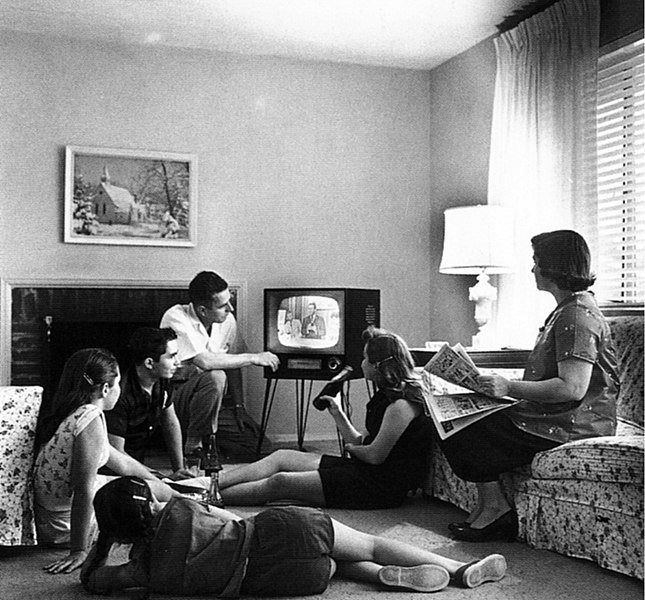It goes without saying that beer was pretty damn important to the people of the Middle Ages. They drank a fucking lot of beer. How much beer do you ask? Well, probably around at least a gallon per day per person. So yeah, a lot of fucking beer. Now it might be pretty damn funny to think of all of Europe as just a big shindig with everyone constantly drunk off of their asses and screaming out "hey nonny nonny", but that isn’t really how things were. You see, back then people weren’t drinking all that beer to get their buzz on, though it was probably a nice side effect given the fact that life for most people living back then sucked donkey balls. No, they were drinking all of that beer because it tasted a hell of a lot better than most of the water available, and was probably a hell of a lot safer too. Water was often fall of all sorts of fun bacteria, and shitting oneself to death wasn’t all that uncommon.
Now of course beer back then wasn't quite what it is today. For starters, they didn't really have bottles, cans, or kegs, so anything that got brewed pretty much went bad within a few days. This made it pretty difficult for large brewers to form, so most of the brewing was done via small batches in countless cottages and households across Europe. Though the recipe and process for making beer was rather simple, it was also rather time consuming. As a result, there wasn’t much money to be made in the beer brewing business, which is probably why the vast majority of brewers in the era were women. This is of course not to say that women weren't capable of handling more profitable jobs, just that the Middle Ages was a time when women were largely seen as property, with laws and traditions mostly not pointing them in the direction of independent careers. Basically, women were brewers for the same reason homeless people pick up cans, because it was the best option available to make money. Those higher up the social ladder wanted beer, but they had no interest in making it themselves, thus creating a niche market for those desperate enough to take the time to do it.
Anyways, this was the way of things until the fourteenth century when two big events completely upended the European beer industry. The first was the Black Death, which pretty much upended everything in Europe what with killing 30 to 50 percent of the population. As can be imagined, this totally fucked Europe's economy, which for reasons too numerous to mention, led to the production of beer becoming more profitable. The second event was the introduction of hops across the continent, which not only improved the taste of beer, but also made the final product last much longer before it spoiled. Between these two factors the profitability of brewing beer shot through the roof, attracting the attention of the menfolk. Using their greater access to money and other dude’s with money, men began building large breweries and forming brewers’ guilds, which were basically old timey trade unions, which of course did not allow women to join. For their part, the women brewers didn’t give up without a fight. The improved profitability of brewing beer had allowed an increasing number to support themselves financially without the help of a person with a dick. This of course made the powers that be rather nervous.
Let’s pause real quick to discuss what your average brewing woman of the day looked like. A fair share were older women, widows and others who had no one to support them. Brewing required a large cauldron which they stirred with a long stick with bristles on one end. Most kept a cat around to keep rats and mice out of the grains they needed for their brewing. They as well tended to wear tall pointy hats, often two feet in height, to make them easier to find in crowds on market day. Are you starting to get an idea of where all this is going?
That's right. Witches. Women brewers were pretty much exactly how we picture witches today. It's not hard to guess what happened. On the one hand we had a society that was decidedly not really okay with the idea of financially independent women. On the other we had a growing handful of male dominated trade unions that didn't want anyone else grabbing all that sweet beer money. Is that where you saw this all going? Burning a bunch of independent businesswomen at the stake? Yeah, I know, just great. Thanks a lot history. Seriously. Way to ruin beer.
Image: https://en.wikipedia.org/wiki/Alewife_(trade)#/media/File:Mother_Louse,_Alewife_Wellcome_L0000658.jpg



